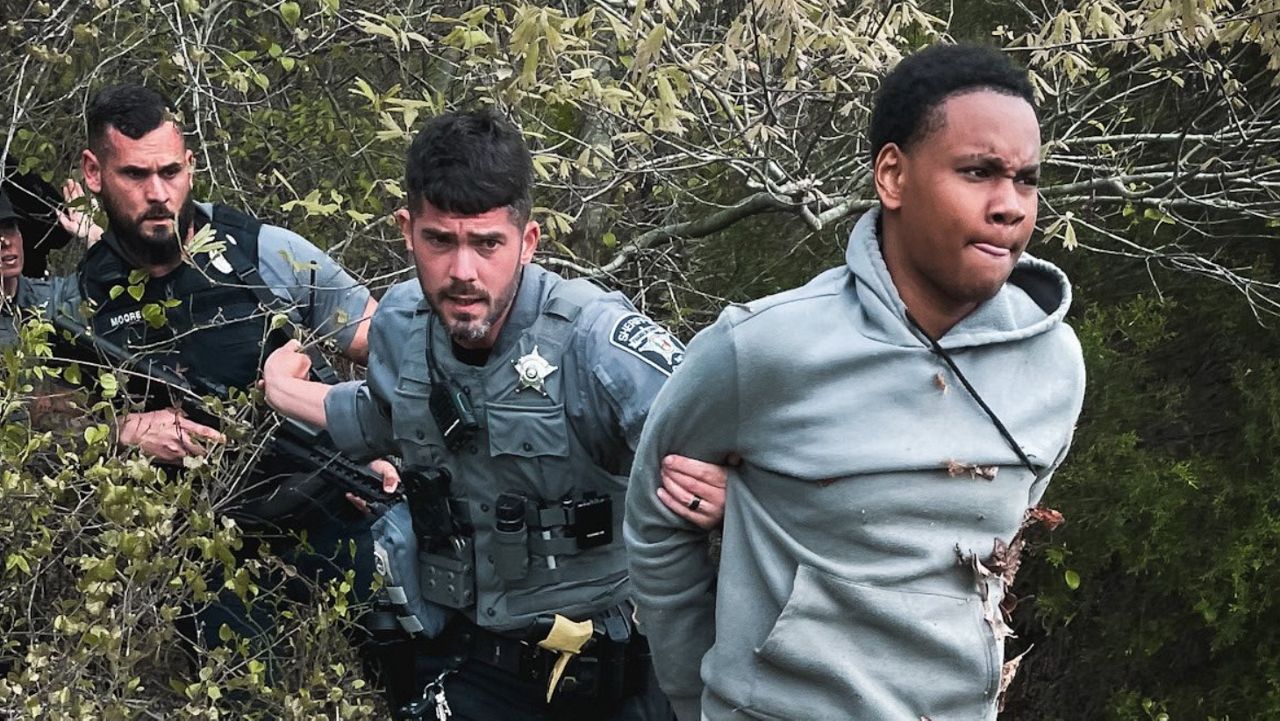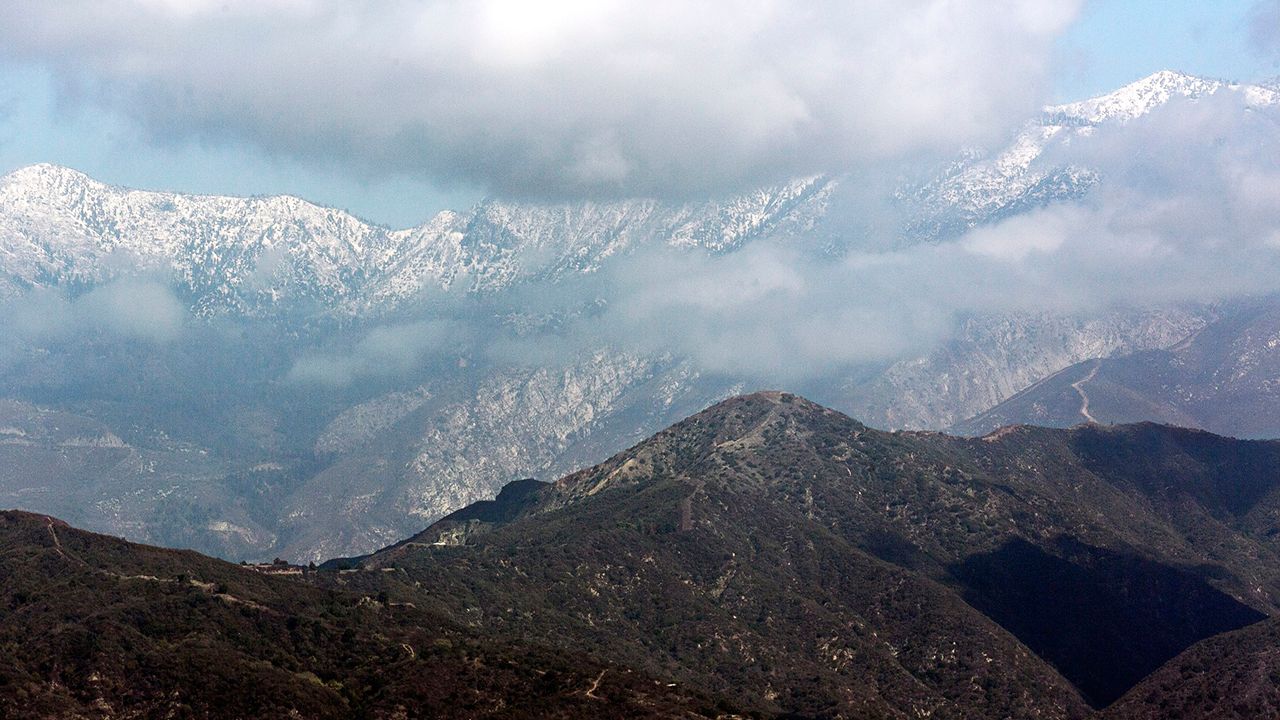WESTERN NORTH CAROLINA — A presentation from the 2019 Society of American Foresters’ National Convention discussed that women make up 60% of undergraduate students enrolled in environmental programs but only 23% of students enrolled in forestry programs.
One growing group of women in North Carolina is making an impact not only in the state’s forests but for future forest stewards.
One of those women, Aimee Tomcho, the founding director of ForestHer NC, knew this was the field she was meant to explore at 9 years old after taking a step into the forest with a family member.
“We picked up rocks, and we looked up at the trees, and it brings tears to my eyes to this day,” Tomcho said. “But that changed my life.”“We picked up rocks, and we looked up at the trees, and it brings tears to my eyes to this day,” Tomcho said. “But that changed my life.”
The way she looked at the natural world changed, and she wanted to be a part of it.
“I knew that I wanted to pursue my life in some capacity in the woods,” Tomcho said.
Pursuing a career in a male-dominated field came with challenges.
“Back then, I didn't even know a forest ecologist was a thing, and I certainly didn't have any forest ecologists in my life, especially no female forest ecologists,” Tomcho said. “And so this dream of mine really came from my soul, and I went searching to figure out how to fulfill that dream.”
Over time, a vision formed to connect a group of women to learn how to steward forests together. ForestHer NC was created in 2019. Tomcho said the group is not limited to women and welcomes anyone who wishes to be a part of the empowerment.
“Initially, I thought we might get 25 or maybe even 50 people across the state, and within the first year, we had 1,500 women join us,” Tomcho said. “The passion was there, and certainly, they had the willingness.”
Tomcho believes women have the power to change the dialogue and influence the way that forest management is done.
Her focus has been on forest ecology and management with private landowners.
“I realized that there was an immense potential in the privately owned forests in North Carolina,” Tomcho said. “Eighty-five percent of the forests are privately owned. They're not national forests or state forests, and if we don't work with the landowners to help sustain and steward their forest, then we would be losing a rich component of the potential there.”
She is grateful to have many female role models and realized one day in a classroom that she became one too.
“Afterwards she [a mother] said, ‘I'm going to share this with my daughter because this is inspiring to her, and this will give her a concrete path to explore and understand that she wouldn't be alone, if she did that,’” Tomcho said.










